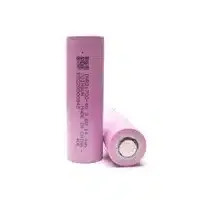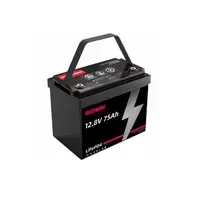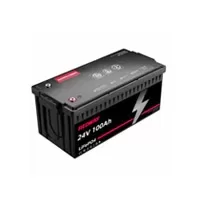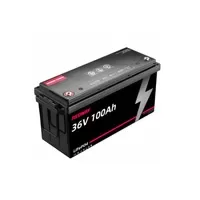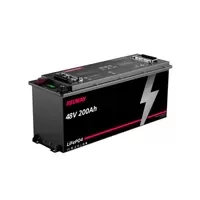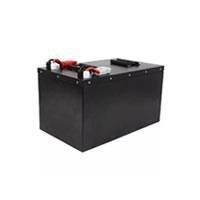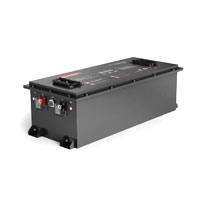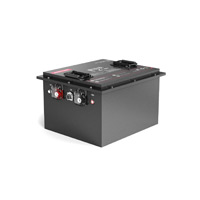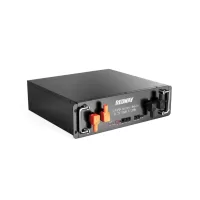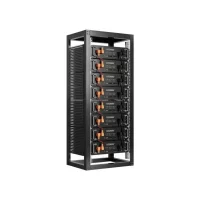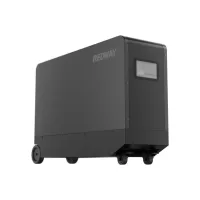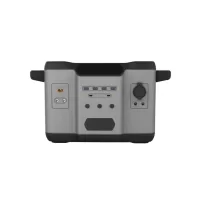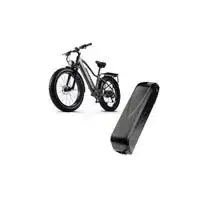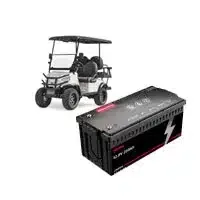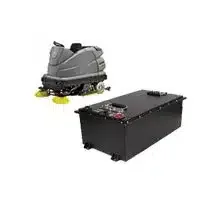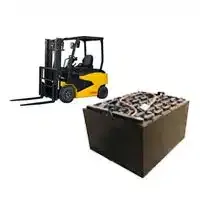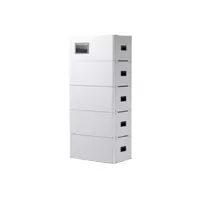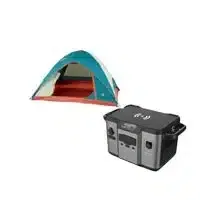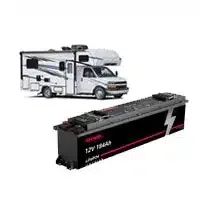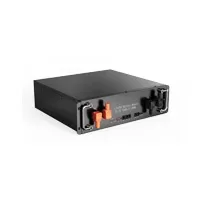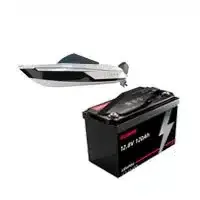Welcome to the world of lithium batteries! Ever wondered about their lifespan? From smartphones to electric vehicles, these power-packed devices are essential in our lives. In this post, we’ll explore the factors influencing the lifespan of lithium batteries and share tips for prolonging their longevity. Let’s dive into this enlightening journey!
Factors that affect the lifespan of a lithium battery
Ensure the longevity of your lithium battery by considering these key factors:
- Temperature: Extreme temperatures impact battery lifespan. High temperatures accelerate degradation, while low temperatures temporarily reduce capacity. Operate and store lithium batteries within recommended temperature ranges.
- Charging Cycles: Lifespan is influenced by the number of charging cycles. Excessive draining or overcharging accelerates capacity decrease. Avoid these practices to extend your lithium battery’s life.
- Usage Patterns: How frequently and heavily you rely on your device affects the battery’s lifespan. Manage usage to optimize your lithium battery’s longevity.
- Quality: The battery’s overall quality significantly impacts its lifespan. Opt for high-quality lithium batteries for better durability.
- Environmental Conditions: Exposure to moisture or humidity can damage internal components. Protect lithium batteries from harsh environmental conditions.
- Storage Practices: Proper storage is crucial during periods of non-use. Store lithium batteries correctly to maintain their health and extend their lifespan.
By adopting these practices, you can ensure your lithium batteries serve you well for an extended period.
Types of lithium batteries and their average lifespan
Explore the world of lithium batteries by understanding their types and average lifespans:
- Lithium-ion (Li-ion) Batteries: Common in devices like smartphones, Li-ion batteries last around 2-3 years or 300-500 charge cycles.
- Lithium Iron Phosphate (LiFePO4) Batteries: Known for high energy density, LiFePO4 batteries can last up to 10 years or around 2000 charge cycles.
- Lithium Polymer (Li-Po) Batteries: Lightweight and used in hobbyist devices, Li-Po batteries typically last 2-3 years or 300-500 charge cycles.
- Lithium Manganese Oxide (LiMn2O4) Batteries: Found in power tools and electric vehicles, these batteries last 5-7 years or around 1000 charge cycles.
- Lithium Nickel Cobalt Aluminum Oxide (NCA) Batteries: Offering high energy density, NCA batteries last approximately 3-5 years or 400-800 charge cycles.
Note that actual lifespan depends on factors like usage, charging habits, temperature, and battery management.
Tips for prolonging the lifespan of a lithium battery
Maximize the lifespan of your lithium battery with these practical tips:
- Temperature Management: Keep devices in moderate temperatures to prevent quick degradation – avoid extreme heat or cold.
- Regular Use: Activate your lithium battery by using devices regularly, and when storing, maintain a charge between 40% and 80%.
- Charge Mindfully: Avoid overcharging or fully discharging; unplug devices when fully charged, and refrain from overnight charging.
- Power Optimization: Adjust device settings for energy conservation – lower brightness, disable background apps, and update power preferences.
- Software Updates: Keep device software up-to-date for optimizations that enhance power usage and indirectly benefit battery lifespan.
- Quality Chargers: Invest in reputable chargers to ensure proper and safe charging, avoiding potential long-term damage.
- Proper Storage: If storing spare batteries, keep them in cool conditions with around 50% charge to prevent degradation.
These tips will help you get the most out of your lithium batteries, prolonging their life and optimizing performance.
How to properly dispose of old lithium batteries
Properly disposing of old lithium batteries is crucial for safety and the environment. Follow these simple steps:
- Check for Recycling Programs: Research local recycling programs or drop-off locations dedicated to lithium batteries. Many cities have collection centers for safe disposal.
- Sealed Plastic Bag: If no specific disposal site is available, place the battery in a sealed plastic bag before putting it in your regular household trash to prevent leakage.
- Avoid Burning or Water Disposal: Never burn lithium batteries, as they can explode, and avoid throwing them in water to prevent pollution. Responsible disposal safeguards against environmental contamination and promotes a cleaner, safer environment.
Future advancements in lithium battery technology
Future advancements in lithium battery technology are set to transform industries and enhance our daily lives. Key developments include:
- Increased Energy Density: Scientists are working to pack more power into smaller, lighter batteries for devices like smartphones and electric vehicles. This involves experimenting with different materials and designs.
- Solid-State Lithium Batteries: An exciting advancement involves replacing liquid electrolytes with solid ones, leading to safer batteries with longer lifespans and faster charging times. Solid-state batteries could potentially replace current lithium-ion batteries in various applications.
- Enhanced Durability and Cycle Life: Researchers aim to improve the longevity of lithium batteries by addressing issues like degradation over time and reducing capacity loss per charge-discharge cycle. This could result in batteries lasting longer before requiring replacement.
- Recycling Technology: Advancements in recycling processes are crucial for responsibly managing end-of-life lithium batteries. Efficient recycling not only recovers valuable materials but also reduces environmental impact.
These breakthroughs herald a more efficient and sustainable energy storage future, shaping a positively charged landscape for our increasingly electrified world.

